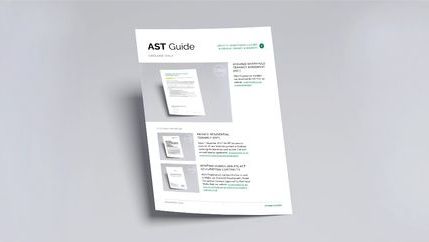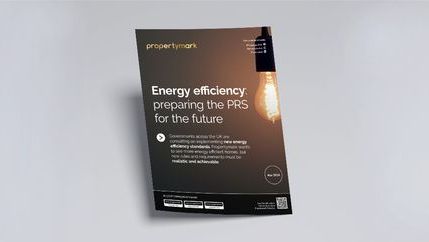Latest news
Renters Reform returning to Parliament in a storm of criticism
The Leader of the House of Commons has confirmed the remaining stages of the Renters (Reform) Bill will take place on Wednesday 24 April 2024 with some key changes to the Bill brought forward. Whilst the UK Government has listened and reacted to some industry concerns, another chance has been wasted to effectively regulate property agents.
Over 250 agents fined for AML non-compliance
HM Revenue and Customs (HMRC) has announced that fines totalling over £1.6 million have been issued for a variety of breaches including missing documentation, incomplete due diligence, and failures to recognise specific risks, such as Politically Exposed Persons, high risk jurisdictions, companies, trusts and sanctions.
Proposals to scrap LLT multiple dwelling relief
A short consultation has been issued by the Welsh Government that would abolish LTT (Land Transaction Tax) Multiple Dwelling Relief from 1 June 2024 and would mean landlords purchasing more than one property from the same seller in a single transaction or linked transactions will no longer be able to claim back a proportion of their LLT liability.
Commercial agents, remind landlords to check insurance policies regularly
NAEA Commercial Advisory Panel and Propertymark Board member Michael Sears, MNAEA MARLA MNAEA (Comm) MNAVA HIDip Ndea, has cautioned against complacency when it comes to commercial buildings insurance to avoid the frustration of claims being invalidated.
HUG2 offers off-grid energy upgrades to landlords and homeowners
Phase two of the Home Upgrade Grant (HUG2) is a UK Government-funded scheme for properties in England that are not connected to the gas grid. £630 million has been allocated to Local Authorities to provide energy efficient upgrades and low carbon heating to eligible households between April 2023 and March 2025.
Propertymark backs the next proptech revolutionaries
We’ve formed a landmark co-investment partnership with TDS to boost funding for REACH UK, a technology scale-up program which helps innovative new technology companies grow in the property sector through education, mentorship, and market exposure.
Rogue agents face stiff penalties for flouting property rules
Letting agents and landlords who disregard safety and licensing laws are increasingly facing action from authorities determined to crack down on poor practices and protect renters. Propertymark works hard to regulate our members and make sure consumers know how to access a professional agent. Our members demonstrate their commitment to working to higher standards than the law requires, and have access to training, CPD, and compliance support to ensure both they and their businesses are up to date with relevant standards and legislation.
Dos and Don’ts of Deposit Protection
Lettings agents must protect the interests of landlords, tenants, and their agencies, so understanding the basics of deposit protection is key and knowing the do’s and don’ts will help minimise disputes and reduce the risk of costly penalties.
Propertymark campaign results evident in Renters (Reform) Bill amendments
We have had direct correspondence from senior officials at the Department of Levelling Up, Housing & Communities (DLUHC) regarding amends to be tabled on the Renters (Reform) Bill, including communication between Housing Minister Jacob Young, MP, and Conservative MPs outlining further improvements that address some of the key concerns of letting agents and strike a fairer balance of security for both landlords and tenants.


















